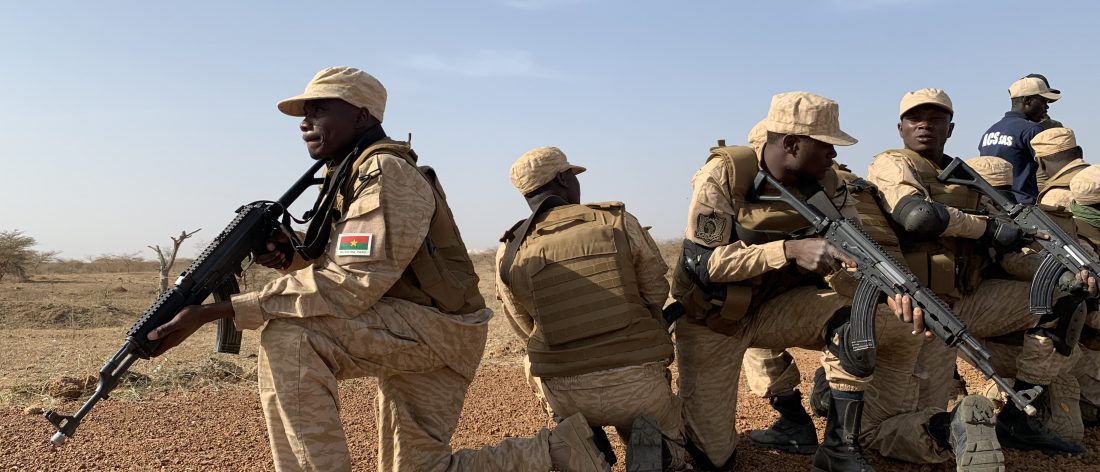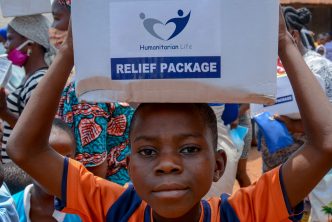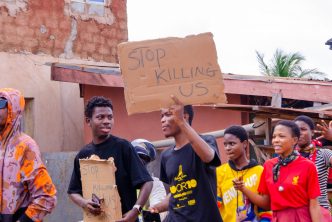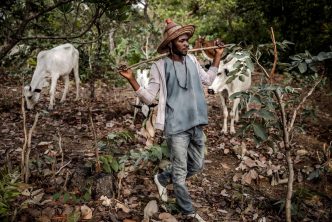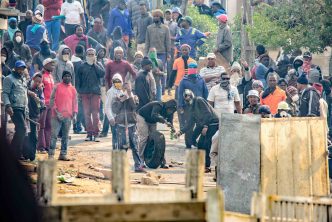Image Credit: Washington post
The Protocol on Free Movement for the Economic Community of West African States (ECOWAS) and the related Protocol on transhumance have contributed immensely to the
liberalisation of freedom of movement of Community citizens within the West African sub-region.
The Protocol on Free Movement was approved by the ECOWAS heads of state and government on May 29, 1979, in Dakar, Senegal and became operational the following year. It aimed to facilitate the free movement of persons, goods, services, and capital within member states. The Protocol intended to ensure the economic integration, socio-cultural development and ultimately a borderless West Africa (Bolarinwa, 2015). Four decades after the ratification, the ECOWAS Protocol has more or less become an obstacle rather than a driver of subregional development on account of its indirect promotion of non-state violence.
In recent years, the Boko Haram insurgency, farmer-herder conflict, and banditry have become the gravest security challenges in Nigeria and her contiguous states Obamamoye, 2016). These conflicts have claimed thousands of lives; destroyed investments; and displaced millions of people. There have been calls from various quarters, including Kano State Governor, to reform or ban the unregulated entry of pastoralists from one ECOWAS member state to another, especially Nigeria, to reduce the spate of banditry in the sub-region.


